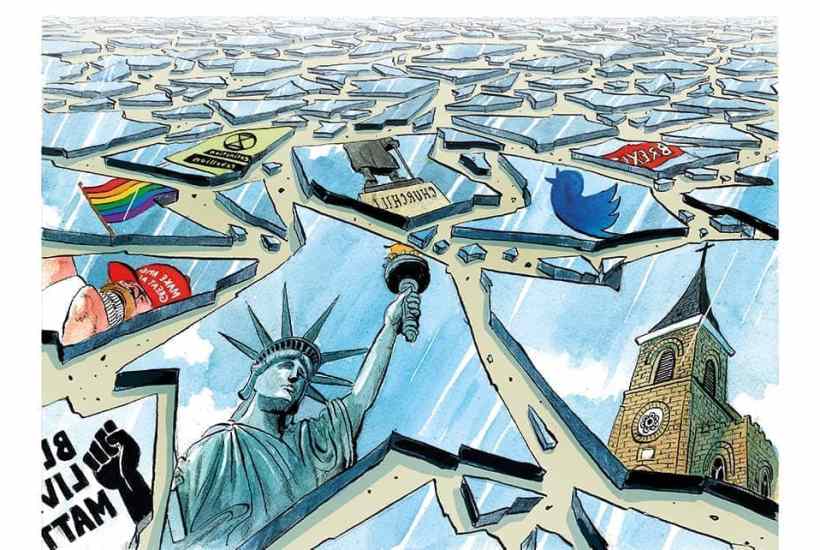As if Judy Murray wasn’t already a national treasure. When the tennis coach, mother of Jamie and Sir Andy, heard about a biological male poised to be awarded tour status by the Ladies’ Professional Golf Association, she tweeted:
No. Not fair at all. Protect women’s sport. Listen to the facts, the scientists and the medics.
Already a subscriber? Log in
Subscribe for just $2 a week
Try a month of The Spectator Australia absolutely free and without commitment. Not only that but – if you choose to continue – you’ll pay just $2 a week for your first year.
- Unlimited access to spectator.com.au and app
- The weekly edition on the Spectator Australia app
- Spectator podcasts and newsletters
- Full access to spectator.co.uk
Or




















Comments
Don't miss out
Join the conversation with other Spectator Australia readers. Subscribe to leave a comment.
SUBSCRIBEAlready a subscriber? Log in